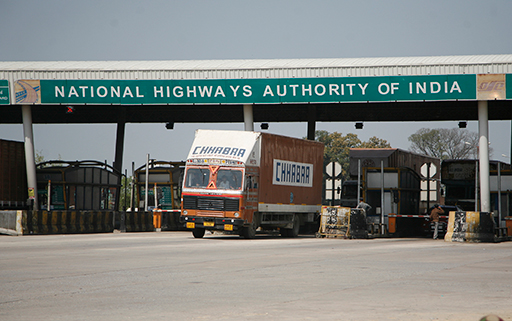- Home
- Archives
TATA TELESERVICES News & Analysis
Here you will find all the research and views on TATA TELESERVICES that we post on Equitymaster. Use the tools to customize the results to suit your preference!
TATA TELESERVICES 2022-23 Annual Report Analysis
Mar 31, 2023 | Updated on Apr 24, 2024Here's an analysis of the annual report of TATA TELESERVICES for 2022-23. It includes a full income statement, balance sheet and cash flow analysis of TATA TELESERVICES. Also includes updates on the valuation of TATA TELESERVICES.
TATA TELESERVICES Fact Sheet, TATA TELESERVICES Financial Results - Equitymaster
Apr 24, 2024 | Updated on Apr 24, 2024Check out TATA TELESERVICES fact sheet and TATA TELESERVICES financial results online at Equitymaster.
TATA TELESERVICES Quarterly Results - Equitymaster
Apr 23, 2024 | Updated on Apr 23, 2024Check out latest TATA TELESERVICES Quarterly Results online at Equitymaster.
TATA TELESERVICES Share price, NSE/BSE Forecast News and Quotes| Equitymaster
Apr 23, 2024 | Updated on Apr 23, 2024TATA TELESERVICES: Get the latest TATA TELESERVICES Share price and stock price updates, live NSE/BSE share price, share market reports, financial report, balance sheet, price charts, financial forecast news and quotes only at Equitymaster.com.
 Why Tata Teleservices Share Price is Rising
Why Tata Teleservices Share Price is Rising
Sep 7, 2022
A loss making company has delivered 5,389% returns in less than years! Is this hype for real?
 How to Prepare for a Stockmarket Pandemic in 2022
How to Prepare for a Stockmarket Pandemic in 2022 
Dec 6, 2021
The transition from a small correction to a market crash to a bear market may be without any warning.
 1,300% in One Year - Are You Kidding Me?
1,300% in One Year - Are You Kidding Me?
Nov 29, 2021
An amount of Rs 1 lakh invested in the midcap stock a year ago would have turned into Rs 15 lakh today.
 Here's Why the Stock of Ashoka Buildcon was in Focus Today
Here's Why the Stock of Ashoka Buildcon was in Focus Today
Jul 13, 2021
Ashoka Buildcon shares up on bagging NHAI project.

